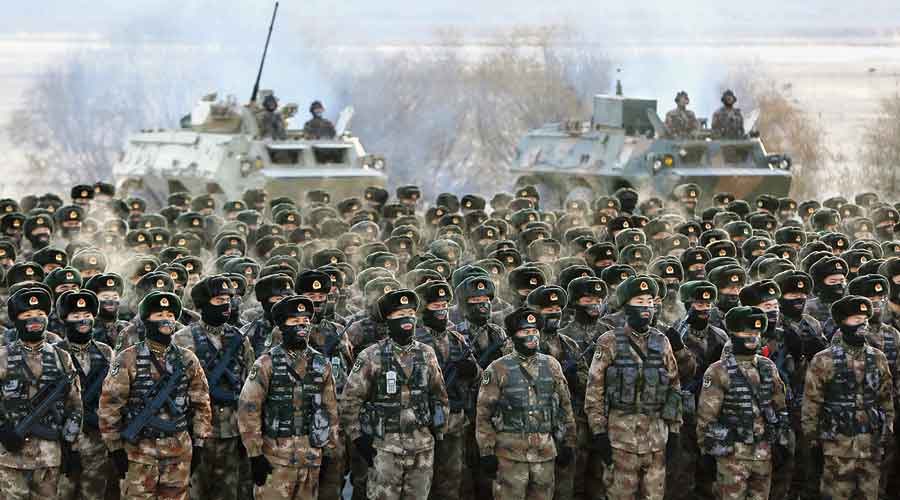The state department declared on Tuesday that the Chinese government is committing genocide and crimes against humanity through its wide-scale repression of Uighurs and other mostly Muslim ethnic minorities in its northwestern region of Xinjiang, including in its use of internment camps and forced sterilisation, American officials said.
The move is expected to be the Trump administration’s final action on China, made on its last full day, and is the culmination of a years-long debate over how to punish what many consider Beijing’s worst human rights abuses in decades. Relations between the countries have deteriorated over the past four years, and the new finding adds to a long list of tension points. Foreign policy officials and experts across the political spectrum in the US say China will be the greatest challenge for any administration for years or decades to come.
”I believe this genocide is ongoing, and that we are witnessing the systematic attempt to destroy Uighurs by the Chinese party-state,” secretary of state Mike Pompeo said in a statement, adding that Chinese officials were “engaged in the forced assimilation and eventual erasure of a vulnerable ethnic and religious minority group”.
The determination of atrocities is a rare action on the part of the state department, and could lead the US to impose more sanctions against China under the new administration of President-elect Joseph R. Biden Jr, who said last year through a spokesman that the policies by Beijing amounted to “genocide”.
Other nations or international institutions could follow suit in formally criticising China over its treatment of its minority Muslims and taking punitive measures. The determination also prompts certain reviews within the state department.
The finding is the harshest denunciation yet by any government against China’s policies in Xinjiang. Genocide is, according to international convention, “intent to destroy, in whole or in part, a national, ethnical, racial or religious group”.
Pompeo, state department lawyers and officials had debated for months over the determination, but it had gained urgency in the Trump administration’s final days.
New York Times News Service










